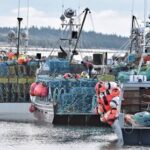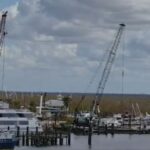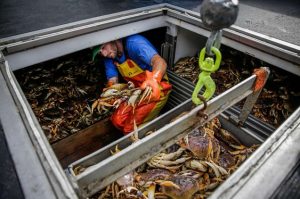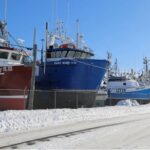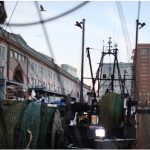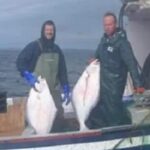Daily Archives: February 7, 2013
Aerial survey reveals marine, tsunami debris widespread across Alaska coast
Alaska Dispatch “Basically everywhere that we flew, we saw marine debris,” Veenstra said during a presentation on the survey results. The company also assembled an interactive map featuring some of the thousands images and their location. Read more here
Fishing for plastic in a peaceful sea: a journey through the Pacific Ocean ‘garbage patch’
As a marine biologist, and a veteran of some 800 research dives, Thom Young had heard quite a bit about the Pacific Ocean’s “garbage patch,” the quiet spots in the North Pacific Gyre where plastic accumulates amid rotating currents. On a Plastics at SEA voyage late last year, Young, a 33-year-old from Milwaukie, and 37 other crew members got to experience it firsthand. Read more here
Oregon – Wave energy a travesty of governmental process
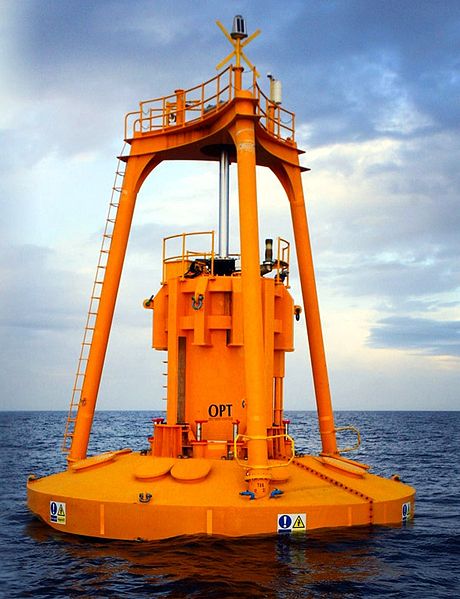 Three former Oregon State University undergrads have already received more than a half-million bucks in public money to build a wave energy facility near the Nestucca River north of Lincoln City. That’s why Oregon’s Department of Land Conservation and Development rammed the site through the Territorial Sea Plan process: The expenditures needed a justification. Read more here
Three former Oregon State University undergrads have already received more than a half-million bucks in public money to build a wave energy facility near the Nestucca River north of Lincoln City. That’s why Oregon’s Department of Land Conservation and Development rammed the site through the Territorial Sea Plan process: The expenditures needed a justification. Read more here
Does this sound familiar?
According to the industry body, the document adopted ignores the social and economic status of fishing. “It keeps backing an unbalanced, rigid and unrealistic fishery management, in which fleet, crew, industry and coastal communities become endangered species,” Read more here
From the Deckboss – Morisky appointed to Board of Fisheries
Gov. Sean Parnell has chosen Fairbanks resident Reed Morisky to replace Bill Brown on the state Board of Fisheries. Read more here, and as always, read the comments!
New size limits proposed for sharks – Proposed regulations would nearly double minimum size
OCEAN CITY — New regulations nearly doubling the minimum size for sharks are expected to have a big impact on the local fishing industry if passed as proposed. Campbell criticized the 96-inch limit when NOAA’s own literature said the sharks were mature at 93 inches. “You use science when you want to and then take a liberty here,” he said. “If this evidence was used in a court of law the judge would throw it out. Good management cannot be based on bogus numbers.” Read more here
Fishermen file suit over salmon management
United Cook Inlet Drift Association and Cook Inlet Fishermen’s Fund filed suit in District of Columbia District Court Jan. 18 over the transfer of salmon management from federal authorities to the state of Alaska.
Peter Shelley to NEFMC: Shut Down New England Cod Fishery
 Last Wednesday, January 30, the New England Fishery Management Council voted to cut catch limits for New England’s cod stocks by 66-71% from their 2012 levels. Conservation Law Foundation Senior Counsel Peter Shelley made this unplanned statement to the Council urging cautious management and asking them to consider shutting down the New England cod fishery so stocks can recover. Listen to audio of the entire meeting here. Read more here
Last Wednesday, January 30, the New England Fishery Management Council voted to cut catch limits for New England’s cod stocks by 66-71% from their 2012 levels. Conservation Law Foundation Senior Counsel Peter Shelley made this unplanned statement to the Council urging cautious management and asking them to consider shutting down the New England cod fishery so stocks can recover. Listen to audio of the entire meeting here. Read more here
Letters to the editor: An ill wind off the coast of Maine
The recent decision by the Maine Public Utilities Commission on a floating wind turbine project is bad for the state of Maine and Maine consumers (“Pioneering Maine wind project passes ‘biggest hurdle,'” Jan. 24). Read more here
Veazie dam removal project gets $1 million boost
 The Penobscot River Restoration Trust will receive a $1 million national coastal wetland conservation grant for dam removal and the restoration of habitat on nearly 300 acres of the Penobscot River, improving wetland habitats along the river for native sea-run fish, U.S. Sens. Susan Collins and Angus King and U.S. Reps. Mike Michaud and Chellie Pingree announced. Read more here
The Penobscot River Restoration Trust will receive a $1 million national coastal wetland conservation grant for dam removal and the restoration of habitat on nearly 300 acres of the Penobscot River, improving wetland habitats along the river for native sea-run fish, U.S. Sens. Susan Collins and Angus King and U.S. Reps. Mike Michaud and Chellie Pingree announced. Read more here
Coast Guard medevacs fisherman near Kodiak Island, Alaska
JUNEAU, Alaska — A Coast Guard Air Station Kodiak MH-60 Jayhawk helicopter crew medevaced a fisherman from the fishing vessel New Venture in the Shelikof Strait 95 miles west of Kodiak, Alaska, Wednesday.  Read more here
Read more here
NOAA Regional Administrator John Bullard bemoans state of groundfish at Explorium talk
The session, the third in the Explorium’s Global Voice speaking series, was low-key, especially compared to the last few New England Fisheries Management Council meetings where Bullard has taken a lot of criticism for his ![]()
management decisions. Read more here
Fishery Advocate Bruce Tarr considers bid for John Kerry’s Senate seat.
This guy is all in when it comes to supporting the fishing industry. US fishermen on a national level could expect to find an unwavering supporter of their issues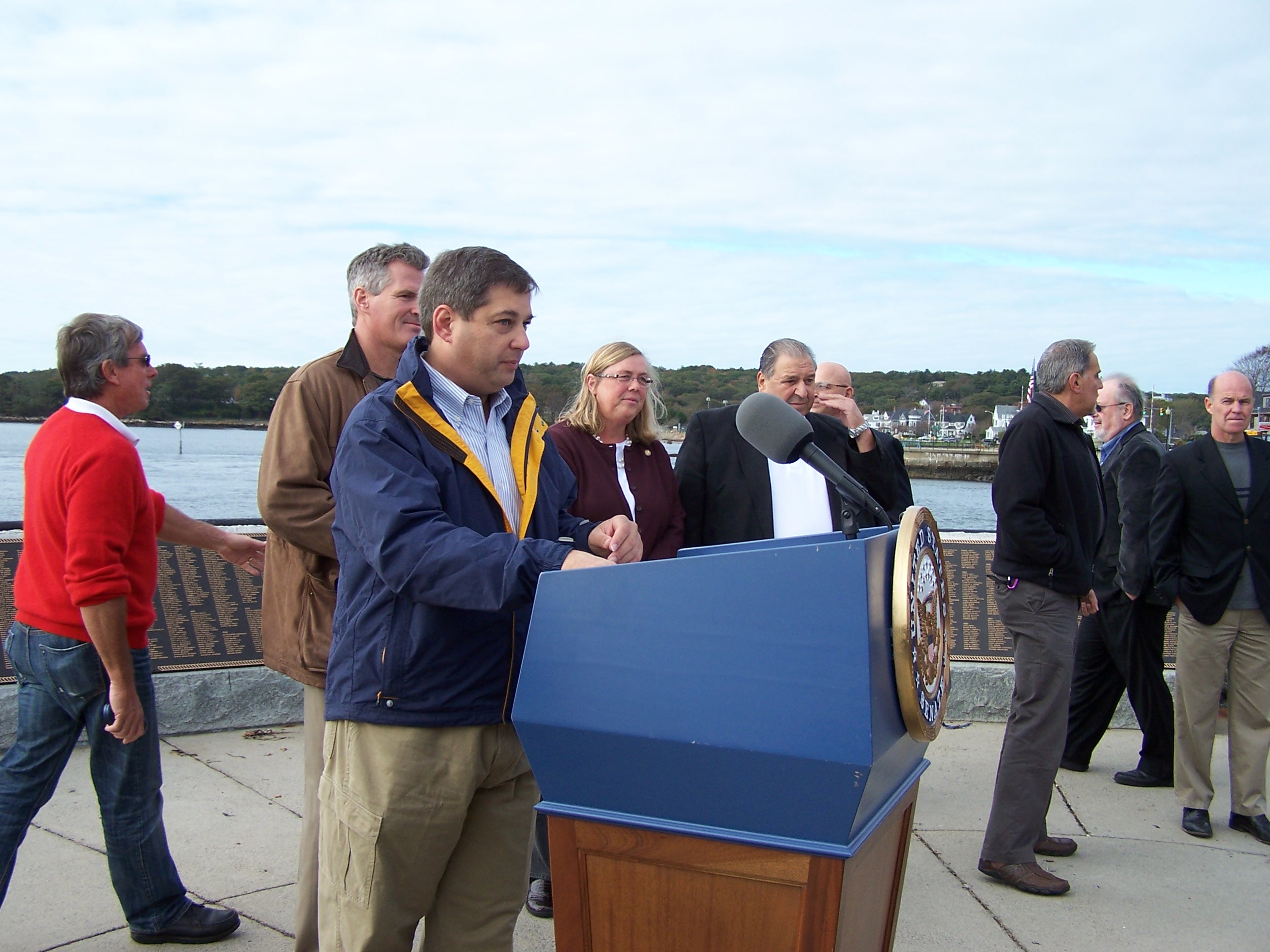
We have lost some of the bipartisan aligned politicians that we have been able to count on, and State Senator Tarr would be worthy addition to the coalition.
He has an excited bipartisan constituency pushing him to do it. Read more here.
Remembering the pilot boat ‘Can Do’
 GLOUCESTER — The Bible describes a time when the seas “mount up to the heaven” and then “go down again to the depths.” It was like that 35 years ago, in the midst of the Blizzard of ‘78. Nevertheless, Captain Frank Quirk Jr. of the pilot boat Can Do, out of Gloucester Harbor, answered a distress call, leading his four-man crew into the teeth of the storm. Read more here
GLOUCESTER — The Bible describes a time when the seas “mount up to the heaven” and then “go down again to the depths.” It was like that 35 years ago, in the midst of the Blizzard of ‘78. Nevertheless, Captain Frank Quirk Jr. of the pilot boat Can Do, out of Gloucester Harbor, answered a distress call, leading his four-man crew into the teeth of the storm. Read more here
Climate change changing marine landscape
Last summer, area fishermen were surprised to catch bonita fish and black sea bass off the local coast, neither of which normally venture further north than Cape Cod. That may not be so unusual in the future. This week, w ildlife experts from northern New England reported that warming temperatures have resulted in a variety of dramatic phenomenon in our region — ranging from tropical seahorses found in the Gulf of Maine to moose dying from severe infestations of ticks. Read more here
ildlife experts from northern New England reported that warming temperatures have resulted in a variety of dramatic phenomenon in our region — ranging from tropical seahorses found in the Gulf of Maine to moose dying from severe infestations of ticks. Read more here






 Vito Giacalone, president of the Gloucester Fishing Community Preservation Fund, has been cleared of any wrongdoing by former attorney general L. Scott Harshbarger after a three-month investigation. But that does not mean Giacalone is happy with what he found in Harshbarger’s report. In fact, he said, he was astonished to read — for the first time — details of the allegations against him, such as charges of misappropriation of funds and exerting improper influence on fishermen.
Vito Giacalone, president of the Gloucester Fishing Community Preservation Fund, has been cleared of any wrongdoing by former attorney general L. Scott Harshbarger after a three-month investigation. But that does not mean Giacalone is happy with what he found in Harshbarger’s report. In fact, he said, he was astonished to read — for the first time — details of the allegations against him, such as charges of misappropriation of funds and exerting improper influence on fishermen. 


























